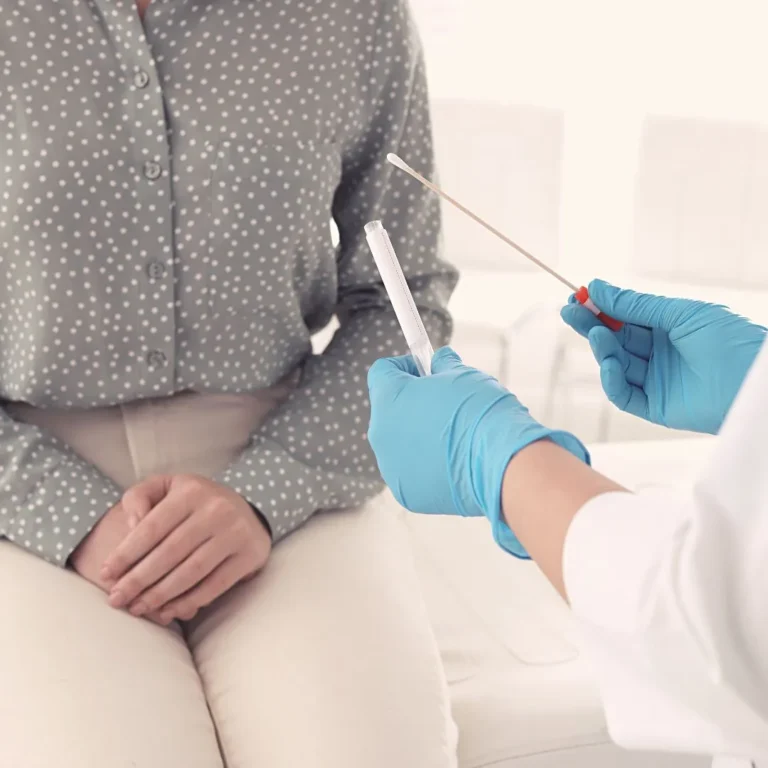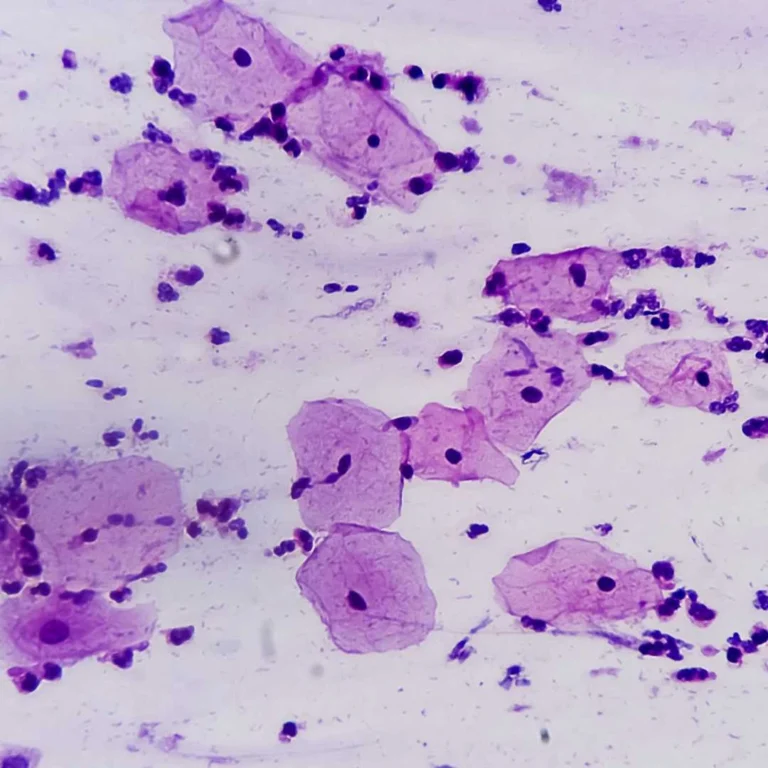Hormone Imbalance: Causes, Symptoms, and More
ymptoms of Hormone Imbalance
Hormonal imbalances occur if there are too much (or little) hormones in your bloodstream. Since they are a crucial part of your body, even the smallest changes and imbalances can cause discomfort and symptoms.
Read on to learn more about hormonal imbalance, from its causes and symptoms, down to what you can do to remedy it.
Causes
Everyone experiences hormonal imbalance or fluctuations during various parts of their life.
There are cases unique to women, related to their reproductive hormones. Such causes include:
- Pregnancy and breastfeeding
- Menopause or premature menopause
- Hormone drugs
- Primary ovarian insufficiency
- Polycystic Ovary Syndrome (PCOS)
However, there are also other common causes, such as:
- Diabetes
- Underactive or overactive thyroid
- Conditions affecting your hormones and glands
- Hormone therapy
- Tumors or certain cancer treatments
- Medications
- Eating disorders
- Stress
- Injury or trauma
Symptoms
The symptoms of hormonal imbalance depend on the glands and hormones affected. The common symptoms include:
- Unexplained weight loss or gain, sometimes bloating
- Unexplained sweating and fatigue
- Insomnia or difficult sleeping
- Dry skin and/or skin rashes
- Changes in blood pressure, blood sugar levels, and/or heart rate
- Changes in appetite
- Brittle or weaker bones and/or hair
- Symptoms of depression, irritability, and/or anxiety
- More or less sensitive to cold and/or heat
- Increased thirst and needing to go to the toilet more or less than before
- Reduced sex drive and/or infertility
- A puffier face or hair growth on the face
- Blurred vision
- Deepening of voice in females
- Breast tenderness and/or bulge in the neck
Related: Is PCOS Treatable?
If you experience any of these symptoms, it’s best to get checked with your doctor for a diagnosis.
There is no single test for medical professionals to diagnose hormonal imbalances. During your check-up, you will need to prepare a list of all your medications, vitamins, and supplements you currently take. Furthermore, you will need to describe your symptoms, as well as their timeline.
Your doctor will then suggest you take a few diagnostic tests:
- A blood test
- Pelvic exam and physical exam
- Ultrasound
- Other additional tests such as an MRI, biopsy, thyroid scan, X-ray
There are also home testing kits that measure follicle-stimulating hormones in your urine. These levels would increase as you enter menopause, usually rising and falling during your normal menstrual cycle. This won’t be able to show if you have any serious hormonal imbalance issues, but it can tell whether or not menopause might have begun.
Treatment for Hormonal Imbalance
Treatments for hormonal imbalance would depend on its cause. Here are some of the treatment options available:
- Estrogen Therapy: Your doctor will give a small dose of estrogen, which is usually done for women who suffer from symptoms of menopause
- Vaginal Estrogen: These can be in the form of estrogen cream, rings, or tablets. It’s helpful for those experiencing dryness and/or pain during intercourse
- Hormonal birth control: This can help regulate your menstrual cycles, as well as improve your skin condition
- Thyroid Hormone Therapy: These are for people who are diagnosed with hypothyroidism to balance their hormone levels

here are also various lifestyle changes and natural remedies you can try to treat hormone imbalance.
- Yoga is known to help regulate hormones while improving your overall balance, flexibility, and strength
- If you are overweight, losing weight can improve your menstrual cycle and make your periods more regular
- Have a balanced diet and exercise regime, which is crucial for overall health
- Decrease the uncomfortable symptoms of hormonal imbalance by using targeted treatments like moisturizers and lubricants, removing unwanted new hair on the face and body, and to avoid any triggers of hot flashes
You don’t need to suffer through the pain and discomfort of hormonal imbalance. For those who are experiencing any of these symptoms, do check yourself with a medical professional.
We discuss products we think are useful to people. If you buy something through our links, we may earn a commission. Remember to check with your personal physician to see if a product recommended is right for you.








